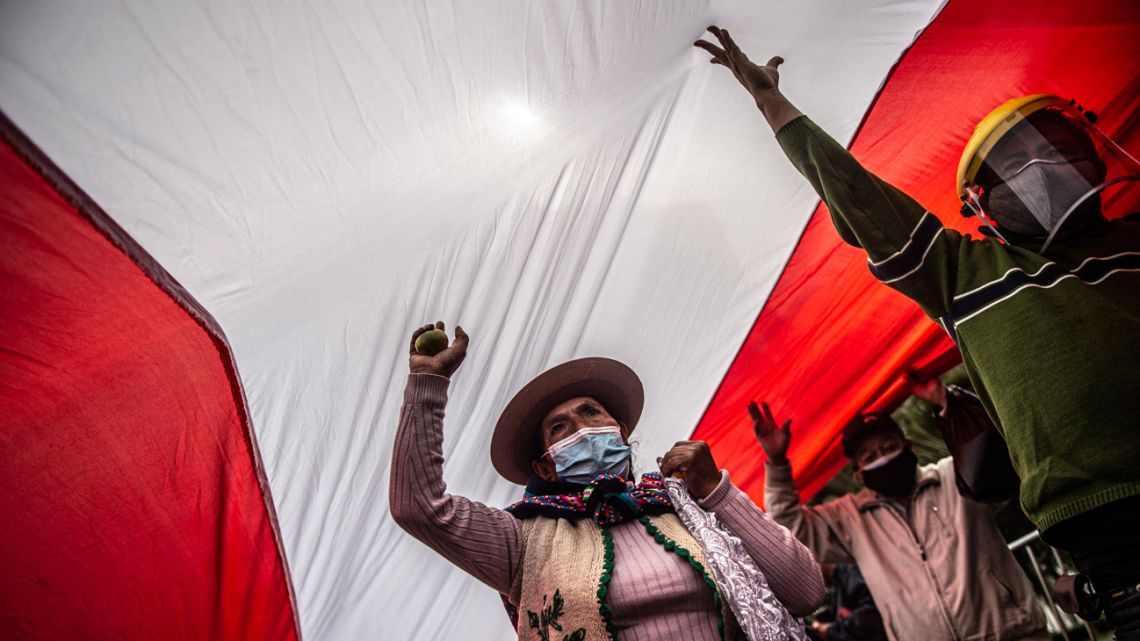RIO DE JANEIRO, BRAZIL – Peru’s National Jury of Elections (JNE) began this Wednesday, June 23, to consider the denial, for lack of evidence, the allegations of electoral fraud made by Keiko Fujimori, seeking to annul thousands of votes and avoid her third consecutive defeat in a presidential election.
The plenary of the JNE, Peru’s highest electoral body, reviewed in the second and final instance the first ten appeals filed by the right-wing candidate after all her claims had been declared unfounded in the first place by lower juries for lacking convincing evidence or for not having been filed on time.

There are some 200,000 votes from more than 800 polling stations that Fujimori has tried to annul in mountainous, rural and poor areas where her rival, leftist Pedro Castillo, had overwhelming support.
About half of the annulments requested by the pro-Fujimori party Fuerza Popular are for allegedly “falsified” signatures of the polling station officials, on the premise that the signatures present in the electoral register did not coincide with those registered in the civil registry.
INSUFFICIENT EVIDENCE
However, the plenary of the JNE, by a majority of 3-1 among its members, confirmed the first instance rulings in the first ten cases reviewed for not having sufficient evidence since the graphological reports presented had not been made with the alleged victim of the identity usurpation.
Likewise, so far, no local election official has come out to denounce in a private capacity that their signature on the electoral record was forged on the day of voting.
Read also: Check out our extensive coverage on Peru
Regarding the cases of alleged forged signatures, the magistrates of the main electoral body decided to refer the cases to the Prosecutor’s Office for criminal investigation to determine if there was any crime.
These first decisions, which are unappealable, may already be a definitive precedent for the hundreds of appeals by Fuerza Popular that the plenary of the JNE still has pending to evaluate in the next few days.
This battery of appeals prevents the JNE from publishing the official results, which have Castillo as the virtual president-elect.
A VERY CLOSE VOTE
After counting 100% of the votes, Castillo won with only 44,058 votes more than Fujimori, in a vote in which he received 50.12% of the valid votes.
However, when she already saw her defeat as irreversible the day after the elections, Fujimori denounced an alleged “systematic fraud” in the polling stations without any reliable evidence.
This accusation has been widely rejected by the electoral observation missions that supervised the elections: the Organization of American States (OAS), the Inter-American Union of Electoral Organizations (Uniore), the Civil Association Transparencia, and the Ombudsman’s Office.
The absence of evidence of fraud was further endorsed by an exhaustive analysis of all the electoral records carried out by the pollster Ipsos, where no serious irregularities were found.
Even the U.S. State Department has referred to the Peruvian elections as “a model of democracy in the region”, considering them “fair, open and transparent”.

